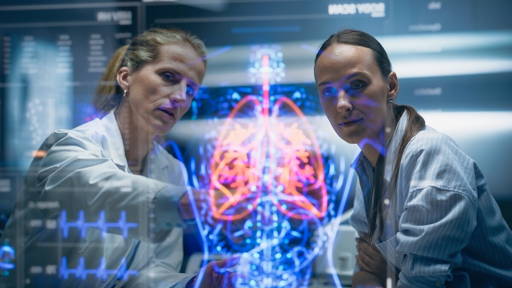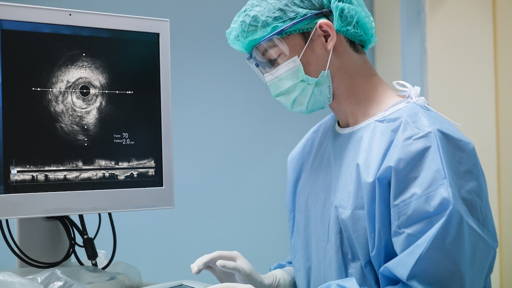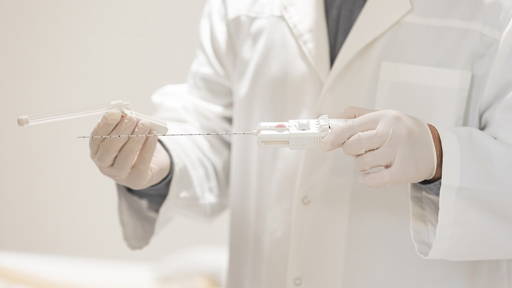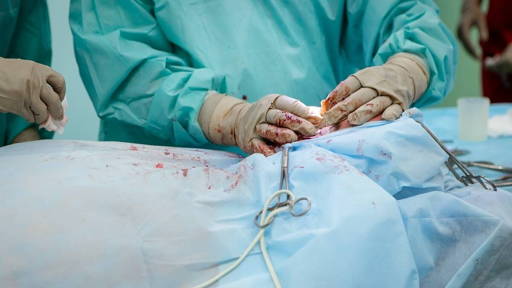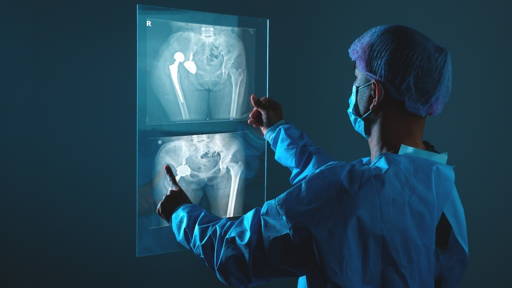Hip replacement surgery is among Australia’s most common orthopedic procedures, with demand steadily increasing as the population ages. Yet for many regional patients, post-operative recovery remains a challenge, marked by long travel distances, limited access to specialists, and uncertainty about healing progress.
To overcome these barriers, the Fortius Institute for Musculoskeletal Research (FIMR) and the Sunshine Coast Orthopaedic Group launched the Panacea Pathway, an innovative AI-supported telehealth program that delivers surgeon-approved, nurse-led recovery care directly into patients’ homes.
Data-driven pathway to faster recovery
Developed in collaboration with the University of the Sunshine Coast, the Panacea Pathway combines advanced analytics with personalized nursing support. Through the Nurse Concierge Service, patients receive remote monitoring, individualized recovery plans, and continuous communication with their care team. All of which were supported by predictive algorithms that flag potential complications early.
The project connects regional healthcare providers, researchers, and small to medium enterprises across Queensland to build a powerful ecosystem for digital innovation in orthopedic care. By integrating real-world clinical data, the team has trained AI tools to recognize early signs of risk and optimize recovery timelines.
“Seeing our research directly improve patients’ lives has been incredibly rewarding,” said Professor Nick Ralph from the University of the Sunshine Coast. “We’re demonstrating that a data-driven, nurse-led approach can deliver safer, faster, and more efficient recovery for patients after major orthopedic surgery.”
Impact on patients and clinicians
Since its launch, the at-home Nurse Concierge service has conducted over 3,000 virtual clinical appointments, significantly reducing travel burdens and minimizing missed follow-ups. Patients report higher satisfaction and confidence in their recovery, emphasizing the reassurance and continuity of care provided by their assigned nurse.
“This project shows how remote monitoring and digital health tools can completely reimagine the patient journey,” said Dr. Stephanie Chaousis, Head of Digital Innovation at FIMR. “By combining human expertise with AI insights, we’re creating a smarter, more responsive model for musculoskeletal recovery.”
Scaling up for national impact
Following its success in hip surgery rehabilitation, the Sunshine Coast Orthopaedic Group plans to expand the Panacea Pathway to knee replacement patients next.
With its strong evidence base, the model could be scaled across hospital networks, informing national clinical guidelines and setting a new benchmark for digitally supported recovery in orthopedic care, offering Australian patients faster, safer, and more personalized healing at home.


